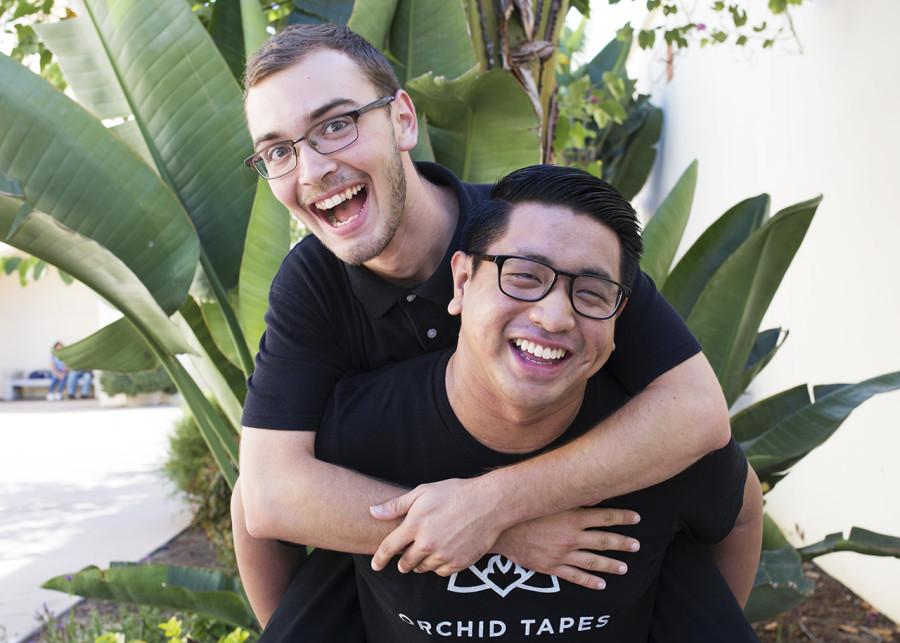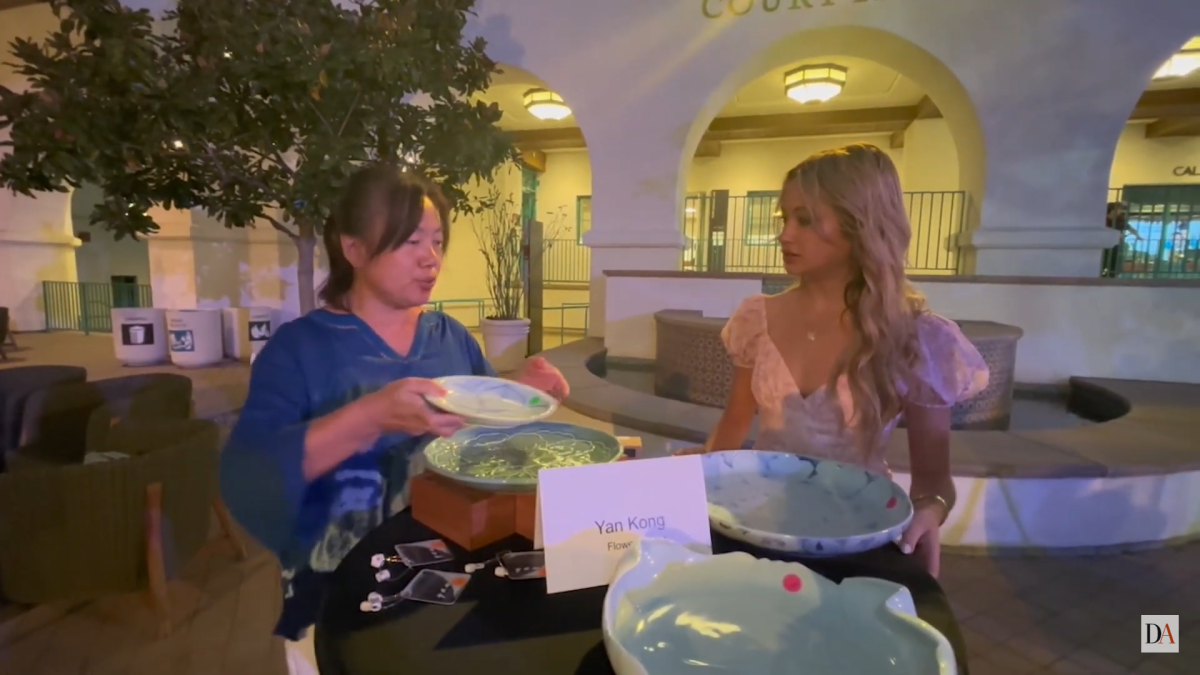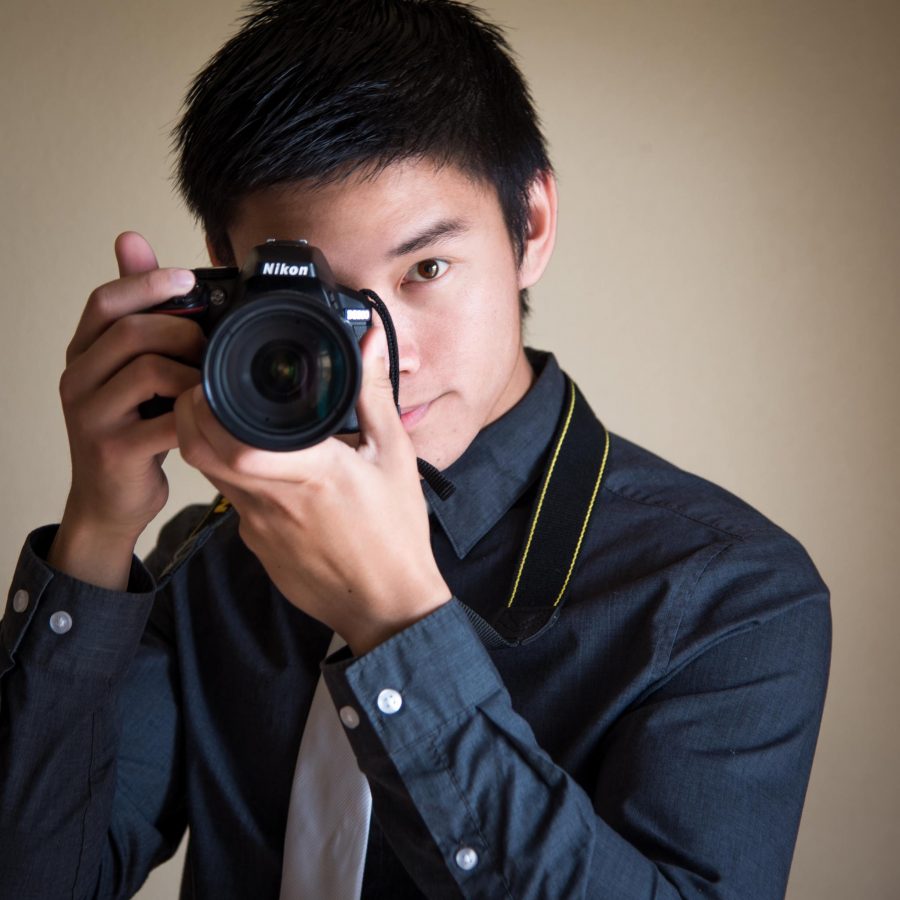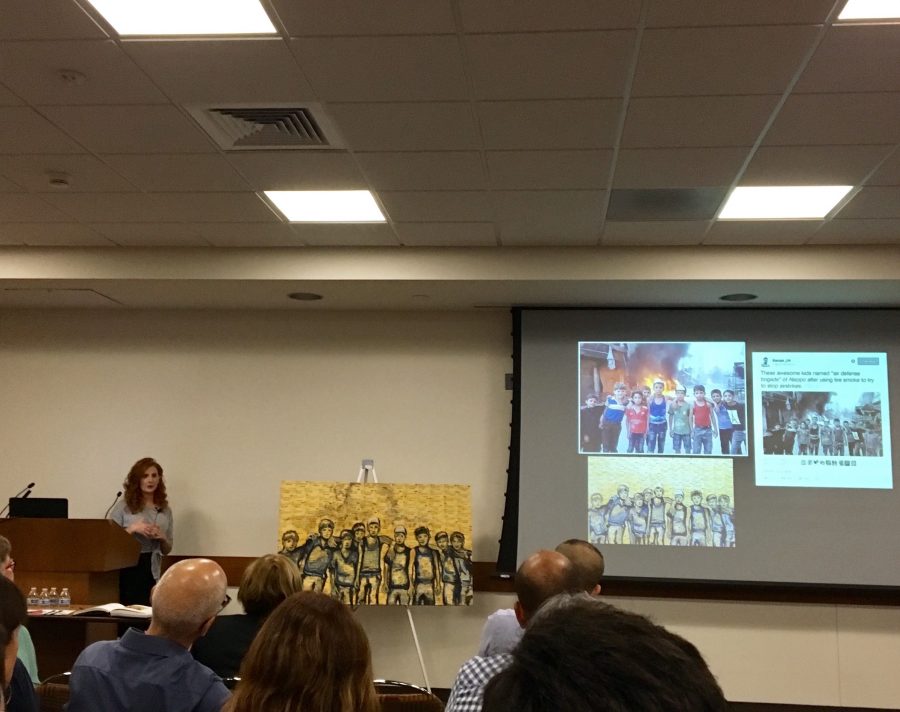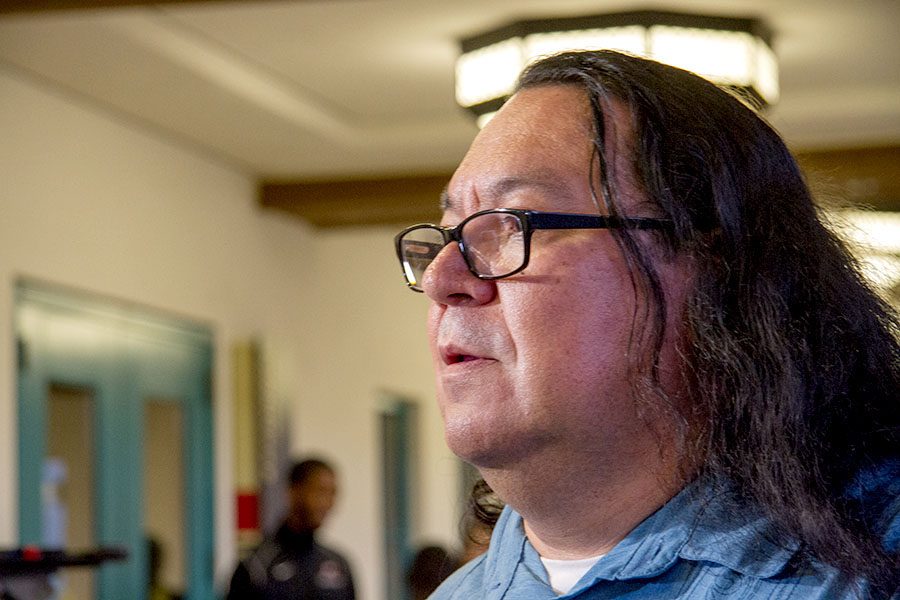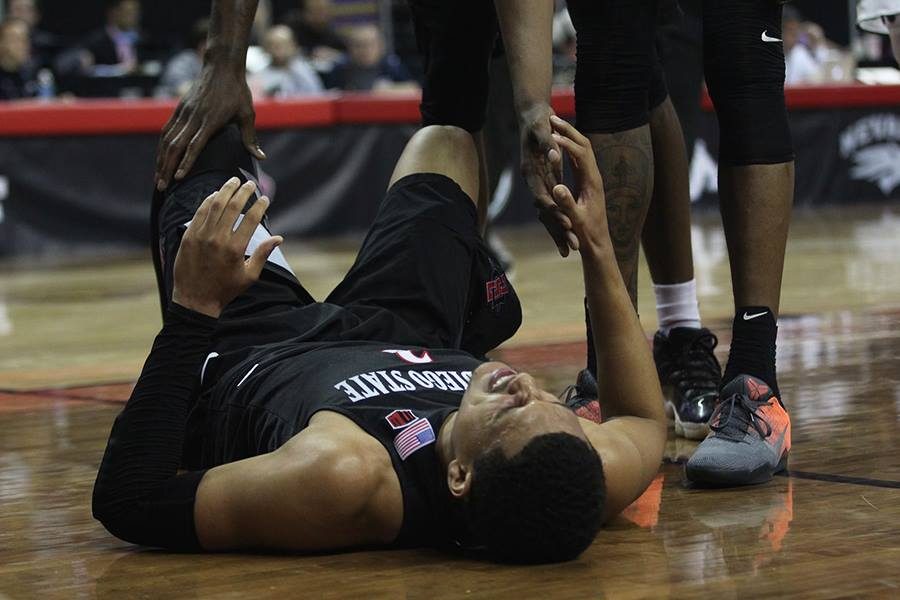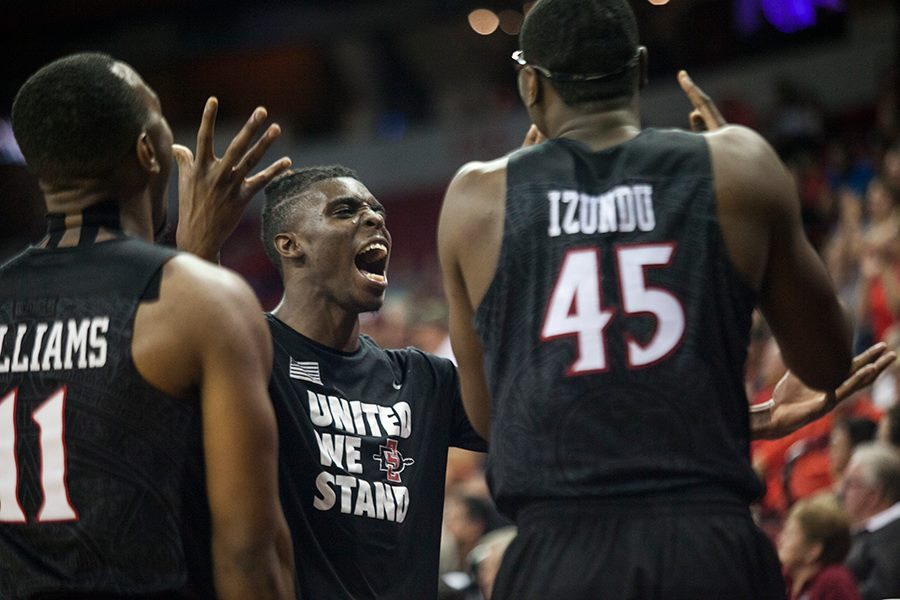Jangly guitar, driving drumbeats and quick, fun songs make Nancy Sin a lively, local twee pop band that sweetens San Diego’s edgy music scene — and two of the band members are San Diego State students. The band is set to play its fourth show at local venue Che Café on Sept. 15.
Nancy Sin’s charming, upbeat style of music is inspired by some of the pioneering bands of twee pop, such as Go Sailor, Tiger Trap, Rocketship and Beat Happening. Twee pop, often undistinguished from indie pop, emerged in the 1980s as a style embracing simpler, sweet melodies.
“If pixies played punk, then that’s what it would sound like,” communication junior and Nancy Sin drummer Nicholas Noble said. “It’s just really soft, really fast punk.”
The band is named after the song of the same name by Beat Happening.
“I like the simplicity that Beat Happening has with their music,” said mechanical engineering junior Joey Bautista, who is the band’s guitarist and vocalist. “They do it in a way that can’t be imitated.”
Nancy Sin was officially formed earlier this year and has three members: Noble, Bautista and bass player Dimitri Perera. Most of the band members have played in other bands before Nancy Sin and are familiar with San Diego’s music scene, which they’ve come to love and hate.
“The business aspect of the music industry is really scummy,” Bautista said. “The mentality of pay-to-play really takes advantage of young kids and discourages people from even starting a band. Once that becomes the standard, there is no reason to start a band anymore because it just becomes a business.”
Pay-to-play is a term referring to music venues requesting bands to sell tickets in order to be allowed to play.
Noble has also encountered discouraging music business practices.
“I think live music is pretty much the most sustainable future for music, and a lot of people see that and are trying to take advantage of local people trying to be in bands and stuff,” he said. “I don’t agree with it at all.”
Bautista also said various 21-and-up establishments create a purposefully exclusionary culture.
“I’d never play a 21-and-up show,” he said. “Kids are buying bands’ records, T-shirts and listening to their music but they can’t go out and support the band because there is alcohol there. So that’s another problem with the music industry in my opinion – it’s ruled by alcohol. I understand that sometimes (the bands) have no choice in the matter.”
Che Café is an all-ages music venue that has been an outlet for Nancy Sin to perform and share its lesser-known music style. Located near UC San Diego, it has a history of being nearly shut down for various reasons. It’s been battling eviction since March 2015, but remains strong within the community.
Bautista said playing at the Che Cafe has been his favorite part of his time with Nancy Sin. He said the venue and the music community surrounding it is valuable. He remembers frequenting the venue as a teenager and befriending people who supported and encouraged one another to express themselves musically.
“I think that resonated with me because you don’t have to be good as long as you’re having fun,” Bautista said. “The Che really isn’t dead. The Che is not the building; it’s the people who are in it.”
Noble said the band looks forward to playing more shows and doing what they love.




